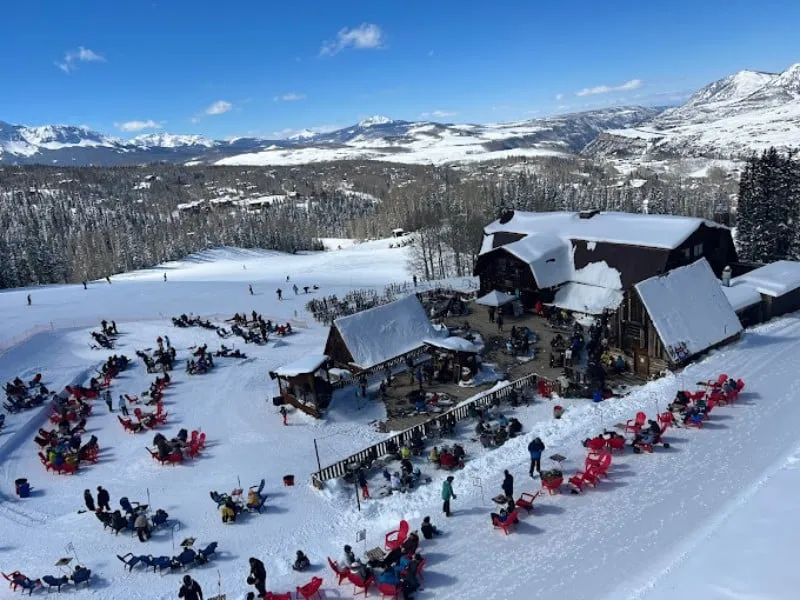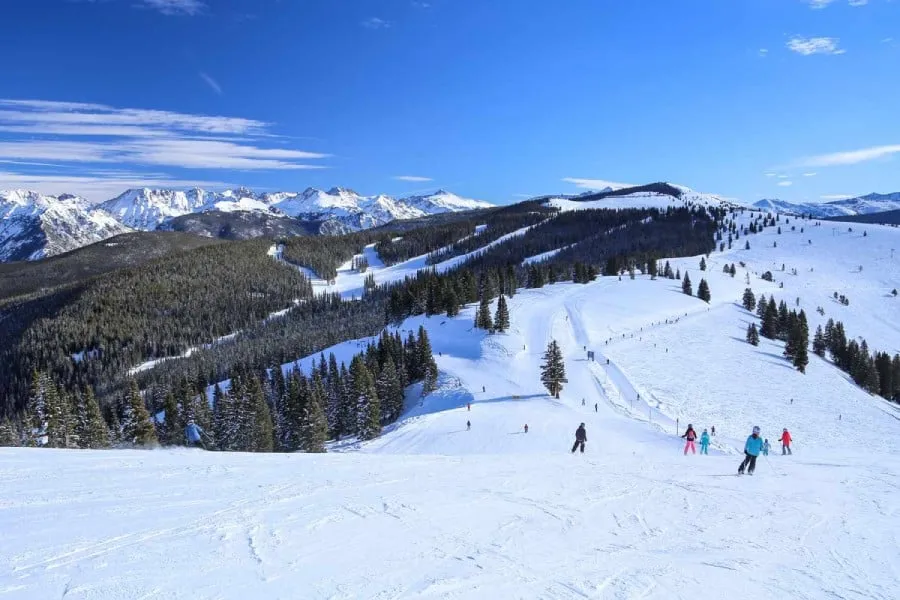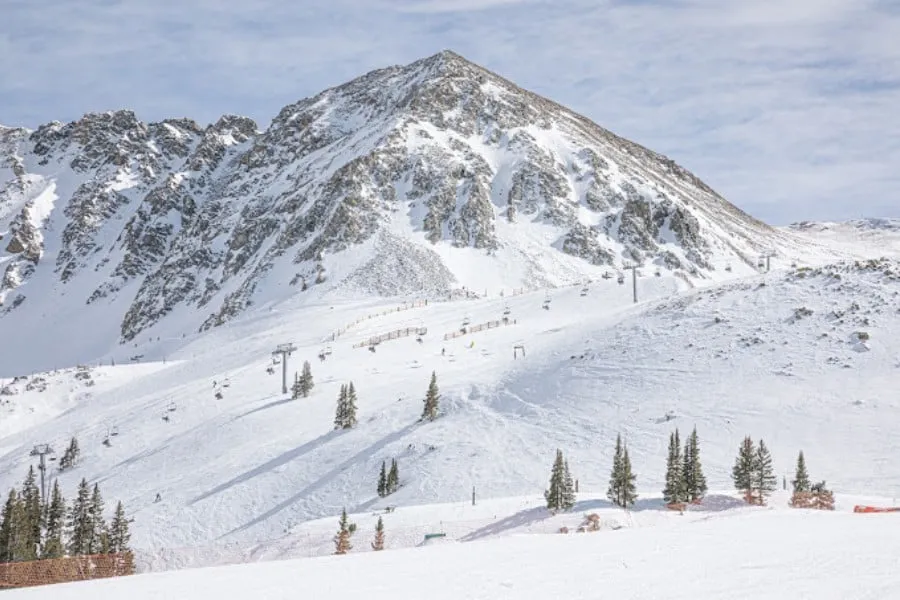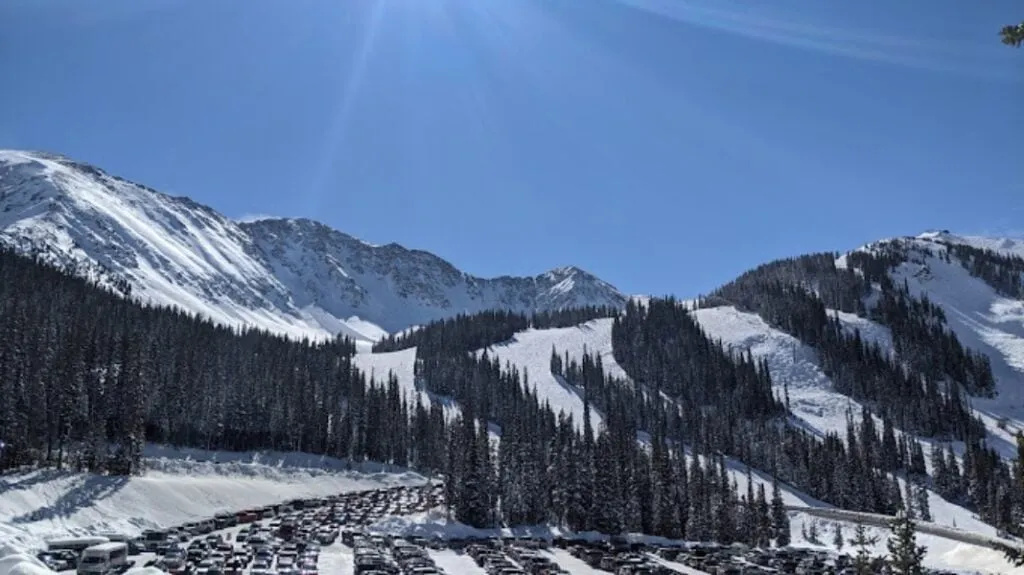Colorado, renowned for its majestic peaks in the Rocky Mountains, is a paradise for hiking enthusiasts. From gentle trails to challenging cliffs, Colorado offers diverse terrains for all experience levels. If you’re a beginner dreaming of conquering Colorado’s mountains, this article provides essential tips and advice for a safe and memorable journey.
Hiking is more than just a physical activity; it’s an opportunity to immerse yourself in nature, explore breathtaking landscapes, and push your personal limits. So, are you ready to begin your adventure?
Choosing the Right Hiking Location for Beginners
Colorado boasts countless hiking options, but not all are suitable for beginners. Here are some locations considered beginner-friendly, with moderate elevation, easy trails, and stunning scenery:
- Red Rocks Trading Post Trail: Located near Morrison, this trail is approximately 2.2km long with minimal elevation gain. It’s an excellent choice to get acquainted with hiking and enjoy Colorado’s distinctive red rock scenery.

- Chautauqua Trail (Boulder): The Chautauqua area in Boulder offers various trails with different difficulty levels. Beginners can try shorter and easier trails like McClintock Trail or a portion of Royal Arch Trail.

- Garden of the Gods (Colorado Springs): Garden of the Gods park is famous for its spectacular red sandstone rock formations. It features numerous easy walking trails, allowing you to explore the park’s unique beauty without strenuous climbing.
When choosing a location, consider factors like trail length, elevation, incline, and weather conditions. Don’t hesitate to start with short, easy trails and gradually increase difficulty as you gain confidence.
Preparing Thoroughly Before Hiking
Hiking requires thorough preparation to ensure safety and comfort throughout your journey. Here’s a list of essential items:
- Hiking boots: Good hiking boots will provide traction and protect your feet from scrapes.
- Backpack: Choose a backpack of appropriate size to carry personal items, food, and water.
- Clothing: Wear comfortable, breathable, and water-resistant clothing. Pack a warm jacket, hat, and gloves, especially for high-altitude hikes.
- Water: Bring enough water to stay hydrated throughout your hike.
- Food: Pack energy-rich snacks like granola bars, dried fruit, nuts, and sandwiches.
- Sunscreen and sunglasses: Protect your skin and eyes from sun damage.
- Map and compass/GPS: Help you navigate and avoid getting lost.
- First-aid kit: To treat minor injuries.
- Flashlight or headlamp: In case you hike in low-light conditions.
- Hiking poles: Help maintain balance and reduce pressure on your knees.
Additionally, check the weather forecast before you go and be prepared for unexpected changes. Inform family or friends about your hiking plans, including location, time, and planned route.
Basic Hiking Skills for Beginners
Hiking is more than just walking uphill. Here are some basic skills beginners need to master:
- Walking correctly: Walk slowly and steadily, keep your back straight, and use your entire foot for grip. Avoid taking overly long strides, as this can tire your legs.
- Using hiking poles: Adjust pole length to your height. Use poles to maintain balance and reduce knee pressure when ascending and descending.
- Ascending hills: Lean forward slightly when going uphill and take short steps. Use hiking poles for support.
- Descending hills: Lean back slightly when going downhill and take slow, controlled steps. Use hiking poles to control speed.
- Navigating difficult terrain: When encountering rocky or slippery terrain, observe carefully and find secure footholds. Use your hands for balance if needed.
- Reading maps and using compass/GPS: Master map reading and compass/GPS skills for navigation and to avoid getting lost.

Important Safety Considerations
Safety is paramount when hiking. Here are some crucial reminders:
- Always hike with an experienced person: If you’re a beginner, hike with someone experienced for guidance and support.
- Don’t hike alone: Hiking alone is dangerous, as you’ll have no one to help if you encounter problems.
- Stay on marked trails: Do not take shortcuts or leave the trail, as this can lead to getting lost or encountering danger.
- Be aware of altitude: Colorado has a relatively high average elevation, so be mindful of altitude sickness symptoms like headache, nausea, and dizziness. If you feel unwell, rest and descend to a lower altitude if necessary.
- Stay hydrated: Staying hydrated is crucial to prevent altitude sickness and other health issues.
- Pack out all trash: Keep the environment clean and carry out all your trash.
- Respect nature: Do not damage plants, flowers, or wildlife.
- Always be prepared for emergencies: Carry a first-aid kit and know how to use it. Learn how to call for help if needed.
Enjoying Your Hiking Journey
Hiking is a fantastic experience to explore nature, challenge yourself, and create lasting memories. Savor every moment of your journey, from the magnificent scenery to the challenging stretches. Don’t forget to bring a camera to capture the most beautiful moments and share them with friends and family.

Conclusion
Hiking in Colorado is an incredible experience for nature lovers and those seeking personal challenges. With thorough preparation, basic skills, and an adventurous spirit, you can conquer Colorado’s mountains and create unforgettable memories. Start your journey today and discover the unspoiled beauty of this land! Wishing you a safe and successful hike!
Remember, choosing the right hiking location, preparing adequate equipment, and mastering basic skills are key to a safe and enjoyable trip. Don’t hesitate to seek help from experienced hikers and always prioritize safety. Have wonderful hiking experiences in Colorado!

Additionally, you can find more information about hiking locations, hiking tips, and hiking courses in Colorado on reputable travel and sports websites.